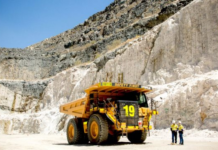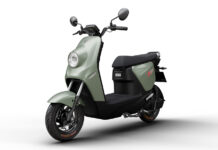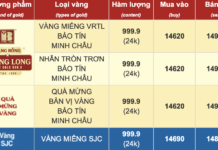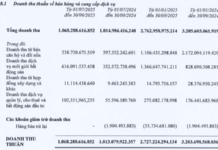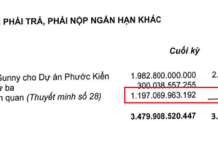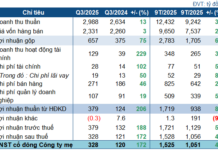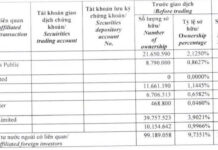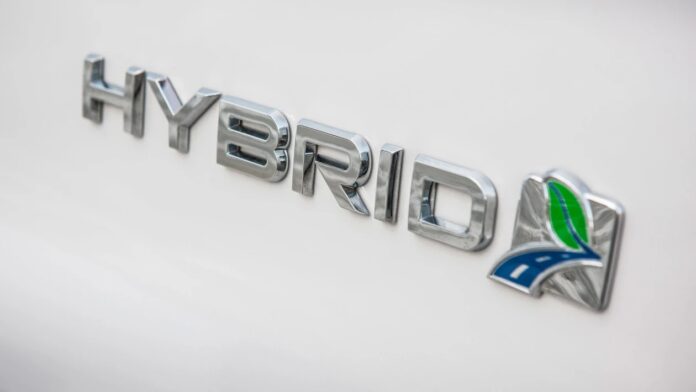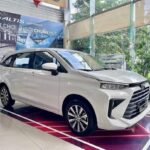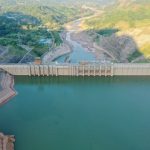The conversation surrounding the environmental impact of vehicles often focuses solely on tailpipe emissions. However, a recent study by the International Council on Clean Transportation (ICCT) reveals that battery electric vehicles (BEVs) produce the lowest greenhouse gas emissions over their entire lifecycle. This study particularly highlights the superiority of BEVs when charged with renewable energy.
According to data for 2024 vehicle models in the US, self-charging hybrid cars emit 2.2 times more greenhouse gases for sedans and 2.5 times for SUVs compared to BEVs. Plug-in hybrid electric vehicles (PHEVs) have similar emissions, roughly double that of BEVs. In contrast, an internal combustion engine (ICE) SUV can emit up to 3.5 times more greenhouse gases than its BEV equivalent.
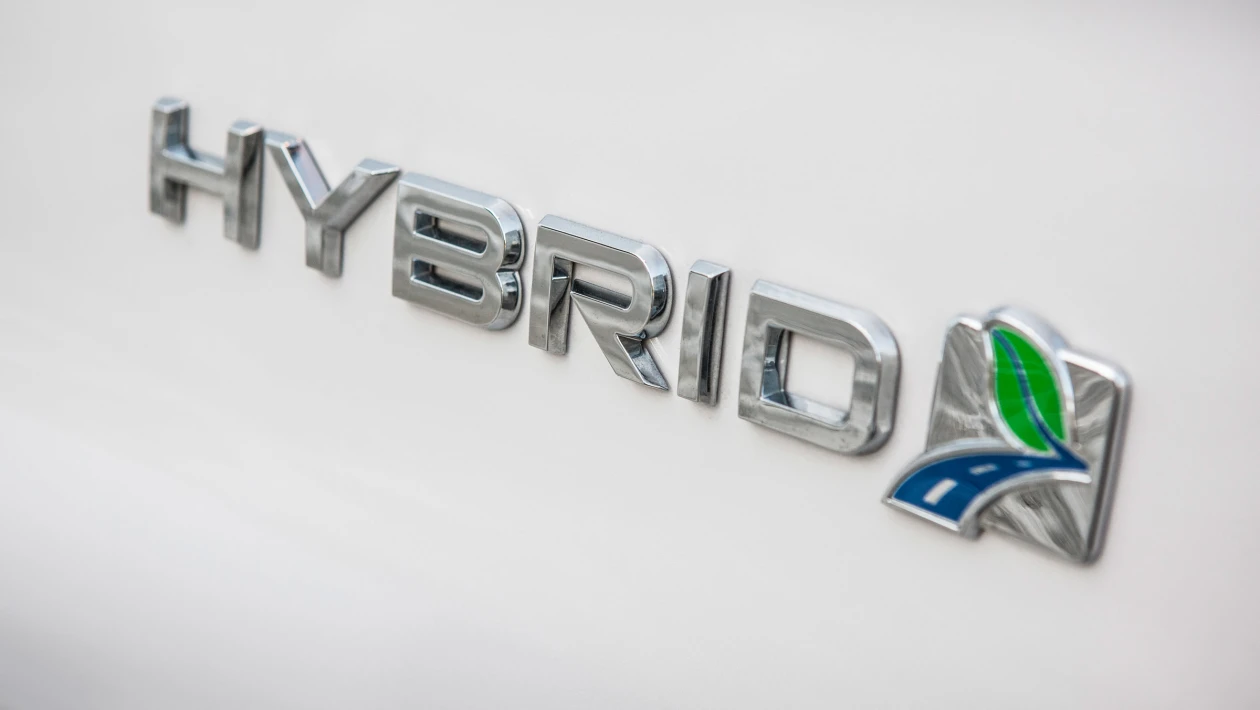
These figures are based on calculations from the average electricity grid. However, when BEVs are powered entirely by renewable energy sources, the emissions from hybrid SUVs can be up to 4.9 times higher, and ICE SUVs even more so, with emissions up to 6.7 times that of BEVs over their lifecycle.
ICCT points out that net greenhouse gas emissions over a vehicle’s lifecycle include those from battery production, vehicle manufacturing, fuel production, vehicle use, and end-of-life treatment. This provides a clear overview of a vehicle’s environmental impact.
The study also updates an analysis from 2021, which found that BEV lifecycle emissions in the US in 2021 were 57-68% lower than those of equivalent ICE vehicles, depending on the charging network. With updated data for 2024, BEVs are now considered 66-74% cleaner than their ICE counterparts, and this figure could rise to 85% when taking into account the use of renewable energy.
Toyota Avanza to potentially introduce hybrid variant, offering fuel-saving option for ride-hailing drivers
The Mitsubishi Xpander hybrid was launched in Thailand on February 1, 2024, seemingly challenging Toyota, as the brand currently owns the Avanza in the same segment but lacks a similar engine option.
Sharp Decline in Consumption, Warning of Very Low Water Levels in Hydropower Reservoirs
The Ministry of Industry and Trade’s Electricity Regulatory Authority has announced that electricity consumption during the Lunar New Year holiday is significantly low nationwide. In light of the low water levels in the hydropower reservoirs in the northern region, coal-fired and renewable energy power plants have been maximally utilized.


